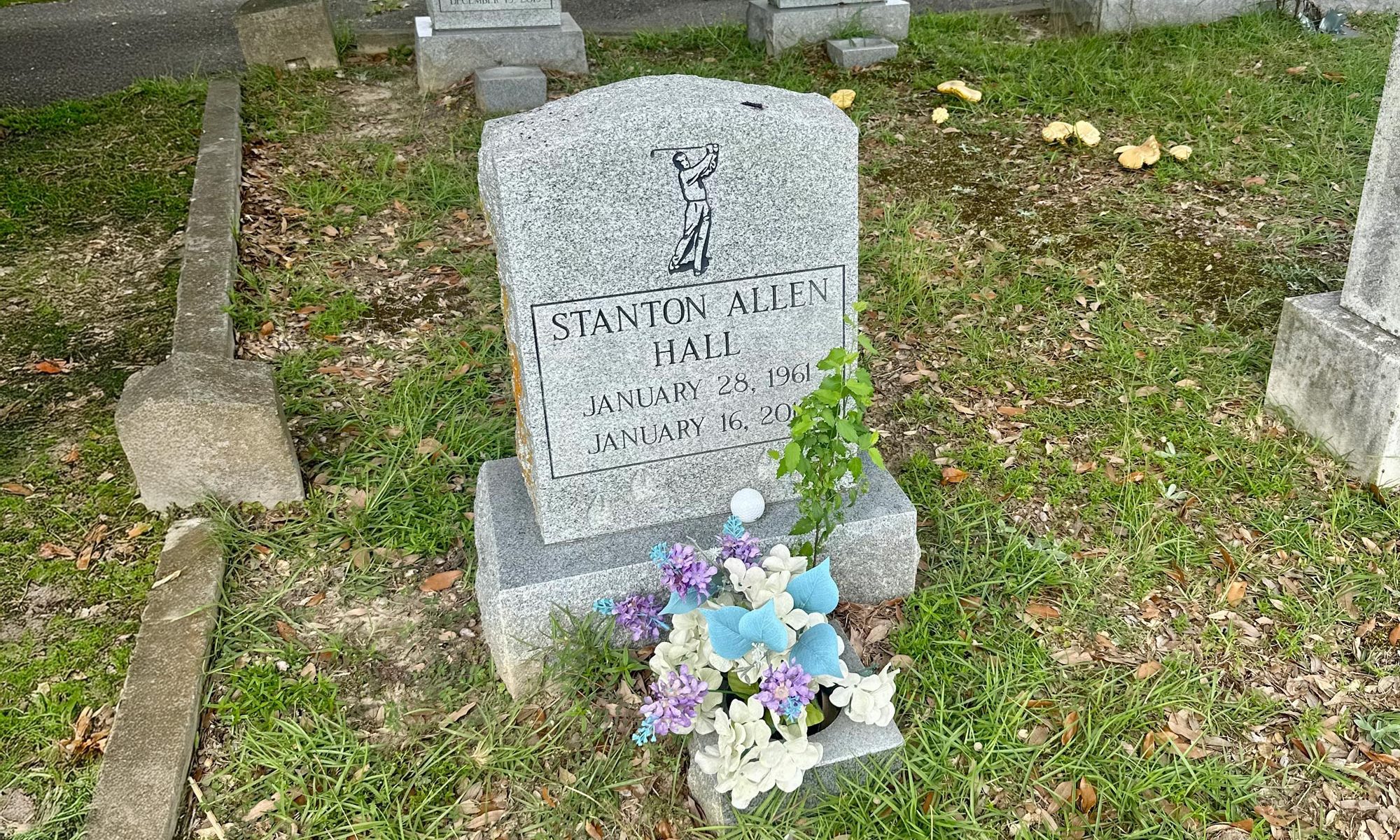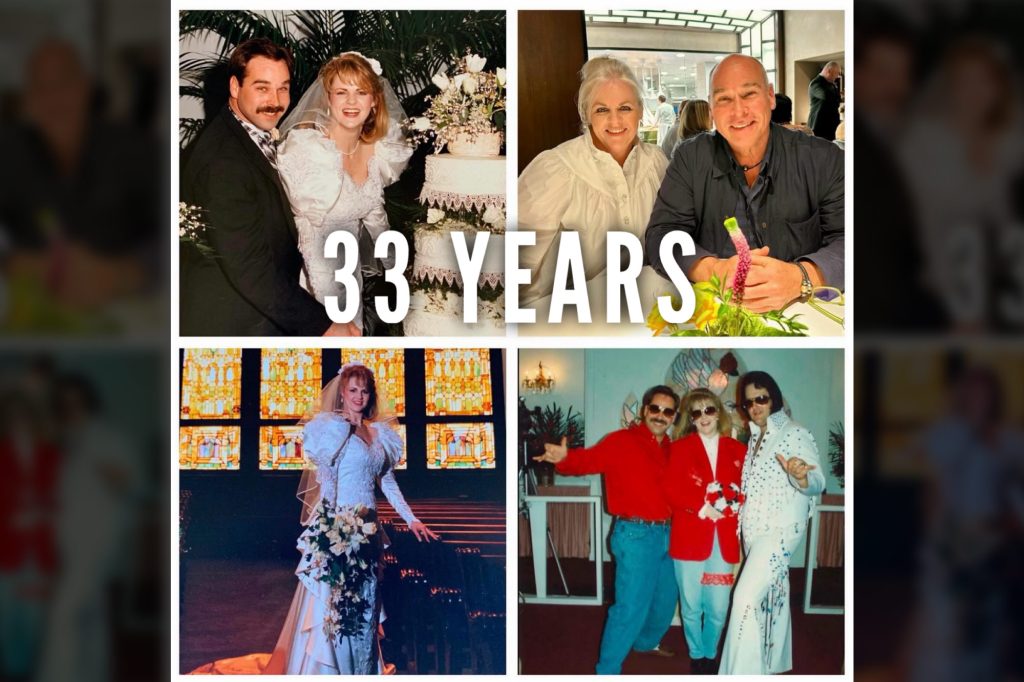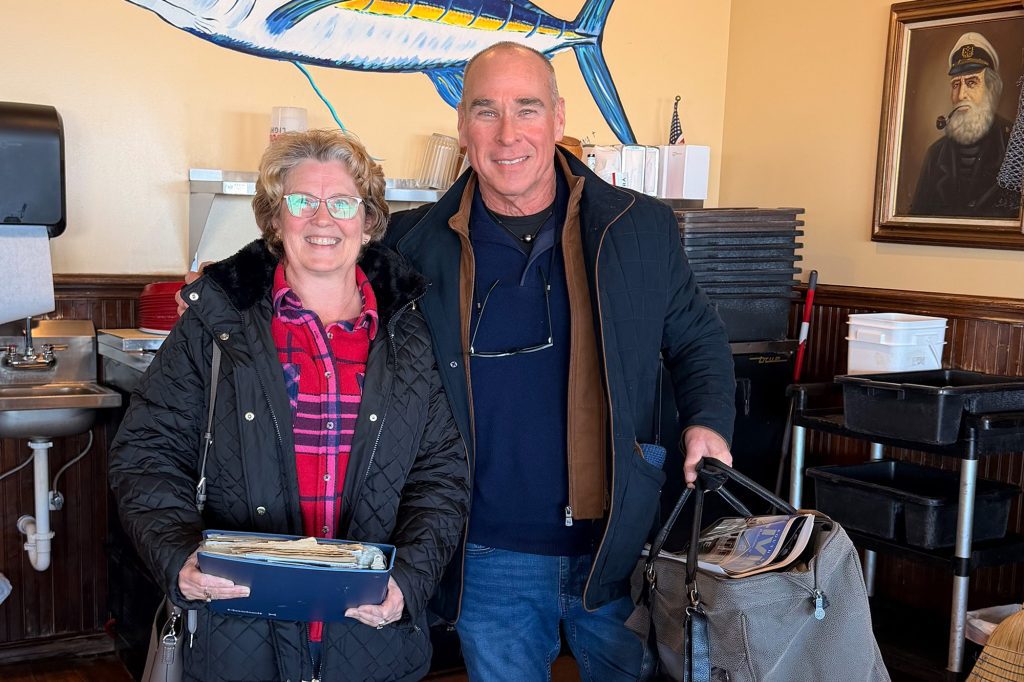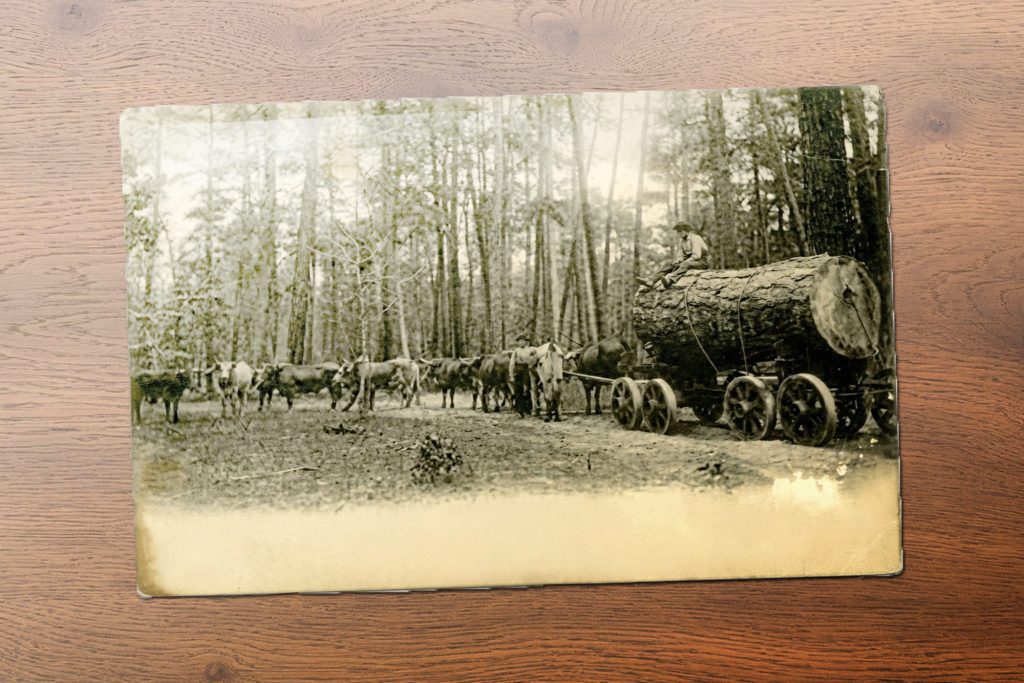Shelby Foote once talked about the time he went to see William Faulkner in Oxford, back when he was still a young man looking up to an older one. According to the oral history recording they wound up walking through a cemetery, past old markers and family plots. Faulkner told him, “There’s a story behind every stone.” It’s true, every name carved in granite once had a voice, a laugh, a way of leaving its mark on the living.
Cemeteries are quiet, but they are not empty. To most, the markers are just names and dates. To me, they’re mileposts of the people who built my life piece by piece. Some taught me lessons I still lean on. Some showed me how to live. Others just kept showing up when I needed them.
Yesterday, leaving church, I took a turn I hadn’t planned. A few blocks down, the old city cemetery sat under the late morning sun, and on a whim, I pulled in. I meant only to visit the grave of my longtime babysitter, a woman who was as close to a second mother as a boy can have. I’ve been lucky — blessed, really — to have had more “second moms” and “second dads” than I deserved. She was one of the first, and one of the best.
I stood there for a few minutes, the way one does when time has already done all it’s going to do. Then I started walking. One stone led to another. I stopped at the graves of people who had shaped me, each one a link in a chain that reached from then to now.
That’s when I saw Stan’s name. He was my oldest friend. Outside of my brother, my mom, and my friend Laura, I’d known him longer than anyone. We met before we could spell our own names, and for decades, his life ran right alongside mine.
I do this sometimes — not to stir up sadness, but to remind myself of what matters. Those walks always pull up other faces and other moments, and forever, without fail, lead me back to my grandmother.
For most of my twenties, I lived in a single room above her detached garage. That little apartment was my home until I turned thirty.
My grandmother, Eunice Holleman St. John, was the most influential person in my life, and it’s not even close. If someone asks me who had the biggest impact, her name comes out before the question’s done. She was grace without show — selfless, steady, generous with her time and resources, and kind. The sort of woman who looked out for everyone else before herself, not for show, but because it was imbedded deep into her DNA.
In those years, I was wearing myself thin — 18 to 21 hours of college classes, forty hours a week waiting tables, chasing the dream of my own restaurant. Later, when I finally opened it, I worked ninety hours a week trying to keep it alive. My schedule was crammed full, but her door was always open.
She stayed up late. When I came home from the restaurant, I could see her through the side window, sitting in her chair with the paper or a TV show, waiting. Some nights, I’d go in, sit down, and we’d talk. I’d ask about family, trying to memorize it all so I could pass it along to my kids one day.
But not every night.
Some nights, I’d park my car, see the light in her window, and go straight upstairs. I told myself I’d go in tomorrow. Sometimes I’d peek through the blinds and see her still sitting there, waiting to see if I’d come in. She’d wait a while, then turn off the light.
The thought of that still makes my chest hurt. At sixty-three, I know exactly what that was — time I will never get back. If I could talk to the twenty-three-year-old me, I’d tell him: Walk in that door every night. Every night! She’s waiting. She loves you in a way you won’t understand until she’s gone. Spend the time now, because the day will come when you can’t. And can’t will break your heart.
That kind of regret doesn’t wear off with time.
I would give a year’s pay for two more hours with her.
Maybe that’s why I walk through cemeteries — to remember the questions I never asked, the moments I didn’t make, the stories I didn’t tell. They remind me that this moment is the only one I’m sure of.
It’s not the things that last. It never was. Not the money, not the trophies, not the stuff. What stays are the meals you shared, the long talks, the people who knew you’d show up.
So many people have poured into me that I feel bound to pour into others — to make the time, to ask, to listen, to pass along the stories. That’s not hard work. It’s just the right work. And it’s what I owe to the people who came before me, especially my grandmother, who lived her life giving more than she took.
Regret is a cold teacher. It doesn’t negotiate. It wakes you in the night with the faces you should have gone to see, the words you should have said, the time you should have made. You can’t change the past, but you can change what you do now. For me, that means putting down what feels urgent, getting in the car, and going to see people while I still can — answering the call, asking the extra question, staying a little longer. Because once the chance is gone, all you’re left with is knowing you could have done more.
I’ll keep walking through cemeteries, letting the stones of those who mattered push me toward the ones I still have. Because Faulkner was right — there’s a story behind every stone. And I want mine to say I showed up.
Onward.




